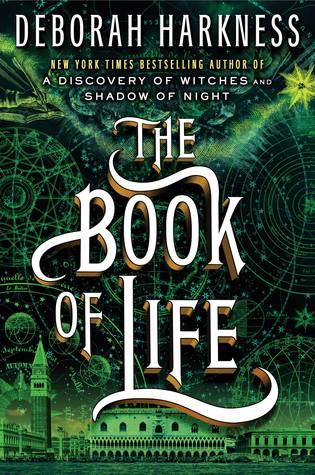Divergent, Insurgent, and Allegiant are a trilogy of young adult books written by Veronica Roth. It would be quite difficult to write about the second and third books without giving away the entire plot, so I will tackle them all mostly as one. The story takes place in a sort of post-apocalyptic, dystopian city in which the people are sorted into five factions based on strengths, weaknesses, values, and personality.
Abnegation, for the selfless
Amity, for the peaceful
Candor, for the honest
Dauntless, for the brave
Erudite,
for the intellectual.
The people from each group coexist, but don't seem to interact regularly, especially after the age of 16 when they choose their faction. There is a sense of underlying tension between the factions in the beginning, which comes more into light as the series progresses. The various factions use their own means to gain or keep power. This all comes to a head just as our main character Tris comes of age, and begins to learn the inner workings of the city.
Divergent begins with the lead up to Beatrice (Tris) Prior's choosing ceremony where she must decide which faction to be in for the rest of her life. She doesn't feel that she completely fits into any of the factions.This idea of fitting into more than one faction is in fact key in the whole series.
I can see how this concept of choosing one's life path speaks so much to the book's young adult audience. When one is 16, sometimes even the act of picking the right seat in the classroom, or hanging out with the right people can seem like it will make or break one's life. This book manages to both validate the impact of these decisions, and show that there are bigger things in life.
As with most books in the YA genre, romance does play a large role in
this series, although the author does keep the
romance from taking over the plot. Tris does have a love interest, and
while the series does chronicle their ups and downs, the books never
stray far from the action packed revolution.
Another of the main themes throughout Divergent is the questioning of authority. The idea that adults, and especially government officials, are not always trustworthy, is prevalent in the YA genre. Tris has to question all levels of authority including her parents, teachers, faction, government, and all those beyond her known city. Tris has to uncover who is lying, and more importantly, their reasons for lying. Basically everyone in the series seems to be a traitor against someone or something.
Conversely, loyalty and sacrifice are also a strong theme. Not only do characters sacrifice themselves for each other, or the greater good, but the books also bring up deeper moral questions surrounding asking and requiring sacrifice. Asking another person to sacrifice them self for others. Picking someone to be sacrificed. These questions don't have right answers, and the books do not particularly lead the reader to lean one way or another on any of these issues. The series simply brings them up, and creates a way for the reader to ponder these dilemmas.
I recently heard an interesting point of view on a podcast. One of the hosts talked about how many of us who grew up in the years around 2000 became attached to the Harry Potter series, which is about keeping a world which is good from becoming evil. Those children/teens who grew up/are growing up in the more recent years, tend toward the books which center around rebuilding society. Changing the world from bad to good. This makes sense when you think about the situations going on around the world at the time.
The 90s were pretty good, but there were rumblings of crisis, which broke out in the early/mid 2000s. It makes sense that people growing up at this time would be able to connect with stories in which people are fighting to keep the world good. In the last decade or so, there has been all out war, increased crime, harsh economies, and an increased coverage of government wrong- doings. It makes sense that kids/teen growing up at this time would gravitate towards books which focus on wiping the slate clean, and creating a good society (ie, Hunger Games and Divergent). This makes me wonder what themes will be popular ten years from now. Still crisis? Rebuilding?






